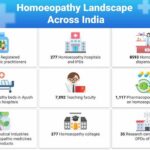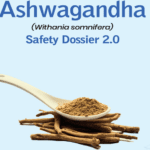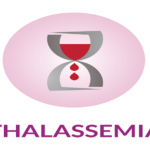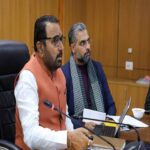New Delhi, July 27, 2017: Ministry of Health and Family Welfare recently organised a two-day national workshop on ‘Strengthening Maternal Death Surveillance Response (MDSR) and Maternal Near Miss (MNM) Review’. The new MDSR guidelines are built on the earlier released guidelines with salient features like paradigm shift to response from review, no name, no blame policy, introduction of confidential review, review of migrant maternal deaths, use of ICD10 classification for causes of maternal death, introduction of tools and templates for minutes of meeting and supportive supervision checklists for simpler monitoring, disaggregation of ‘others’ category of causes of maternal deaths and use of data for planning of local action.
The processes of MDSR and MNM together help in not only tracking maternal deaths but also understanding the underlying causes of and stimulate and guide actions to prevent deaths in future. Sensitization and orientation of participants towards this thought was the central theme of the workshop.
During the workshop an action plan has been delineated as follows:
- Four medical institutes have been identified as the regional training centres namely MGIMS Wardha, Institute of OBGYN, Chennai, KGMU Lucknow and Guwahati Medical College, Assam for creation of Master Trainers.
- The process of identifications of additional training sites is currently underway
- Development of training module
- Involving Development Partners like WHO, UNICEF, etc. in various activities of implementation
- Explore the possibility of linking Civil Registration and Vital Statistics (CRVS) and MDSR
- Explore the possibility of developing national level software for MDSR
At the workshop all participants of all levels, international, national and regional, expressed renewed commitment towards implementing and strengthening MDSR and MNM in the country. The workshop saw multi-stakeholder deliberations on the sensitization, orientation and implementation on MDSR and MNM processes. It was attended by the representatives of MoHFW, NHSRC along with participants from 33 States and 45 medical colleges, Development Partners like WHO, UNICEF, etc., and civil society organizations.







